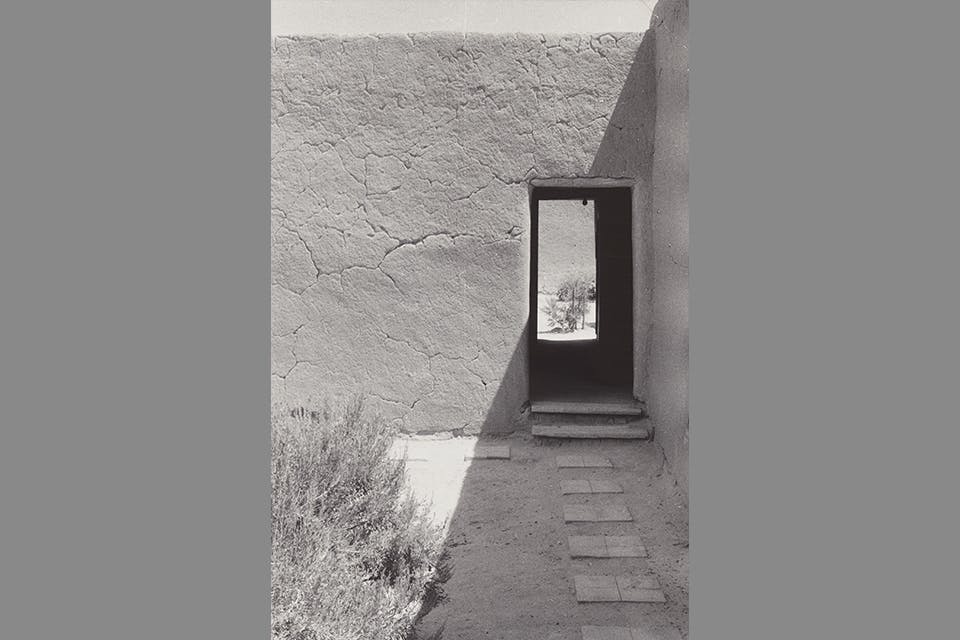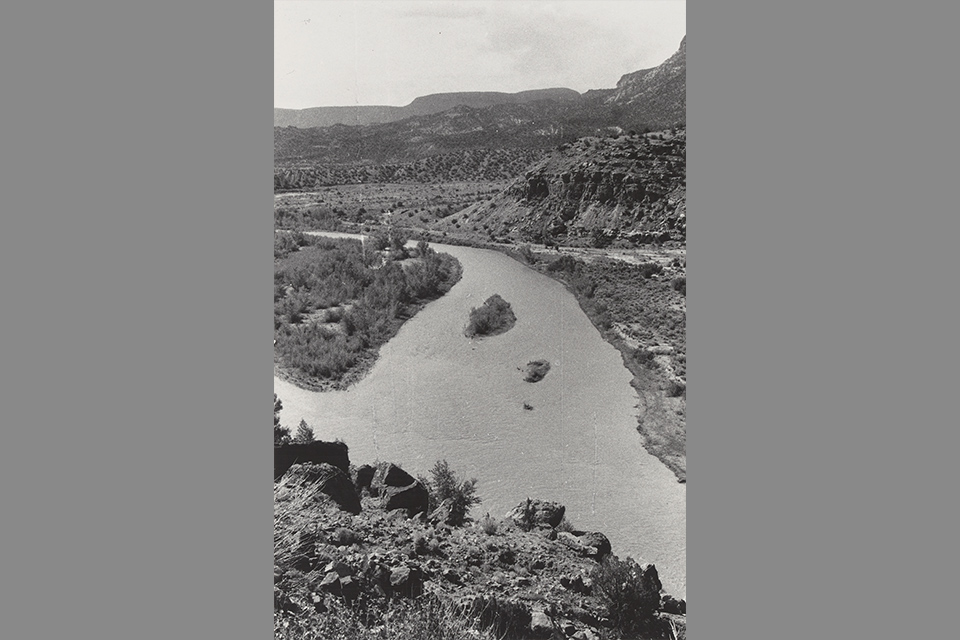Arts
See ‘Georgia O’Keeffe, Photographer’ in Cincinnati
The Cincinnati Art Museum hosts an exhibition of photographs by the renowned painter that offers a different look at her artistic life.
Related Articles

Summer Fun in Ohio: 22 Ways to Enjoy June
Grab a ticket to a summer concert from the Dave Matthews Band, explore southern Ohio heritage at Ohio Valley Frontier Days, check the Ashland Balloon Festival and more. READ MORE >>

Spend a Rainy Summer Day at These 4 Ohio Museum Exhibitions
When the clouds roll in and the drops start to fall, make plans to visit one of these kid-friendly museum exhibitions that are all here for a limited summer run.
READ MORE >>

See “Botanical Fantastical” at Pyramid Hill Sculpture Park & Museum
Experience this nature-focused art exhibition on display at this Butler County attraction’s Gallery Museum at Pyramid Hill through July 27. READ MORE >>




